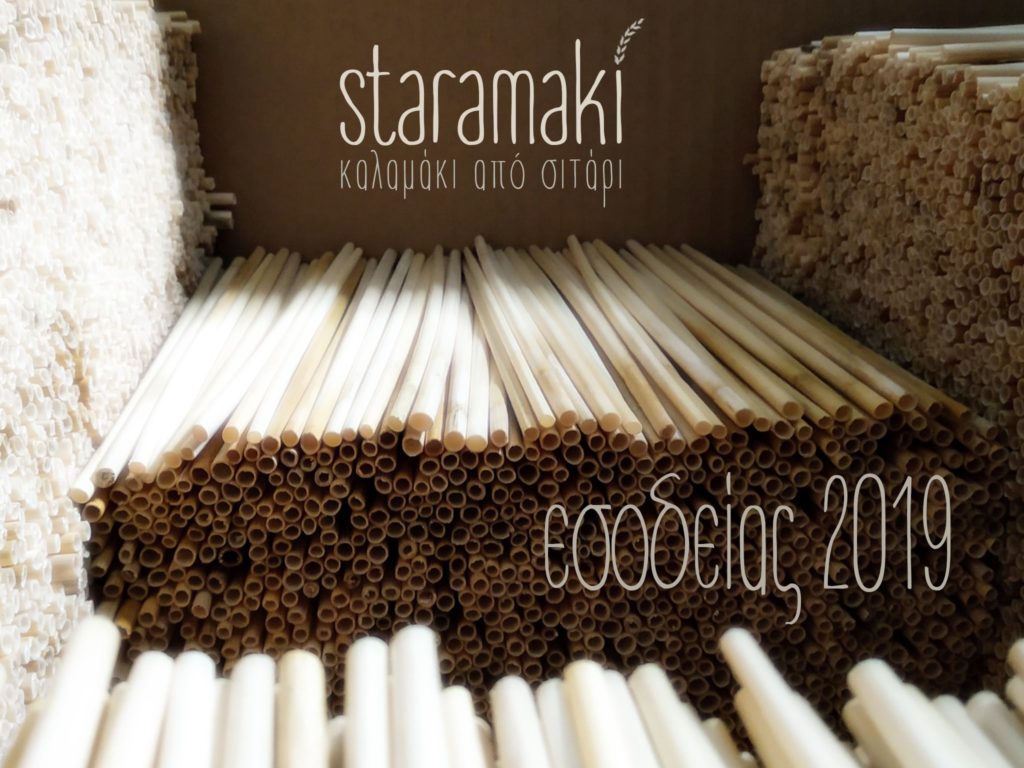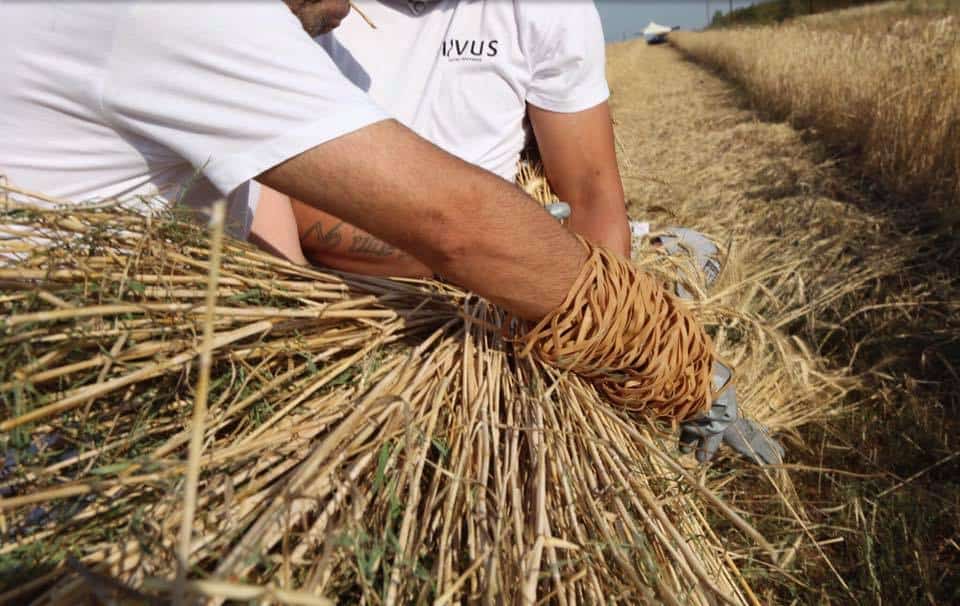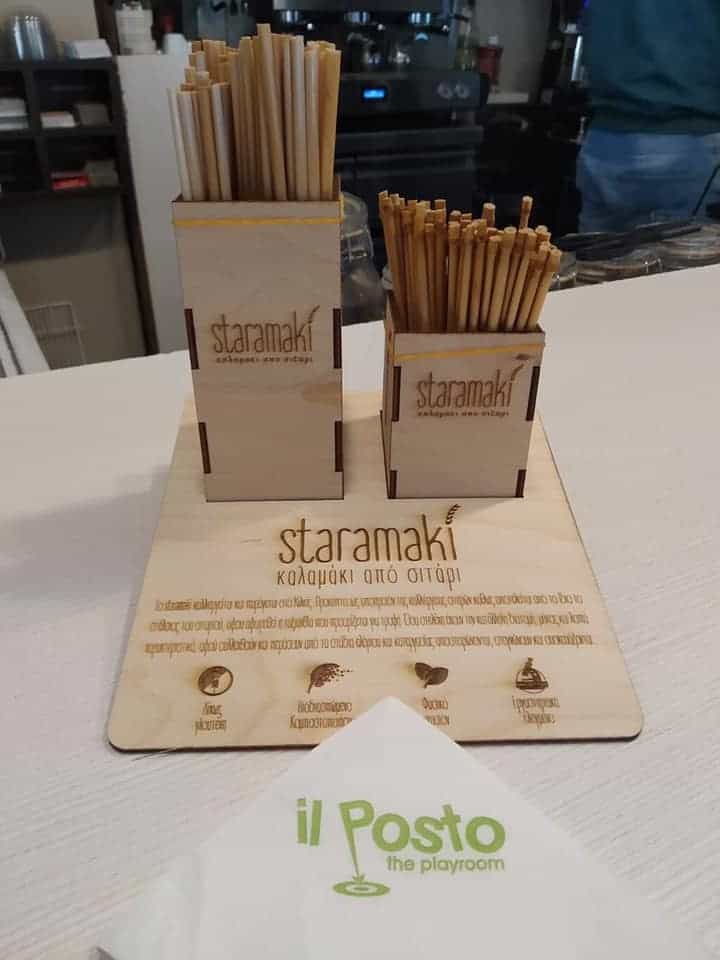
An innovative group of volunteers in Greece has produced straws made of wheat, a new eco-friendly alternative that is being applauded worldwide.
The volunteers from the northern Greek city of Kilkis searched for a way to phase out plastic straws and came up with 'staramaki' a word combining 'kalamaki' (straw) with wheat (stari).

Essentially made from the shafts of wheat that are normally thrown out, the 'staramaki' is providing a problem to plastic pollution and also showing that there is room for innovative thought in Greece and that the cyclical economy can become a fertile field for such innovative actions in Greece, according to Costas Kamberis, president of the volunteers group "Omnes".
The announcement made a couple of years ago by the European Commission that several single-use plastic products will be banned, highlighted the need for alternative, more sustainable options. This is when Omnes began working on the single-use wheat straw that is 100 percent natural and compostable.
Greece uses roughly 75 million straws per year and that is only counting the Greek population. “If you add the 30 million tourists we receive per year, the number of straws used reaches monumental proportions,” Kamperis told PackagingInsights.

Omnes is based in the area of Kilkis, a mostly rural region that the financial crisis has affected in more ways than one. It is one of the biggest regions of wheat production in Greece and Omnes collaborated with the Agricultural Association of Kilkis that controls roughly 15 thousand square meters of wheat-growing land.
“We thought of Staramaki as an alternative to the current agricultural output and it seems to benefit from the European legislation that bans single-use plastics around Europe. We came up with the idea because we are really interested in maintaining an economy in the area,” notes Kamperis.
The straw does not require a lot of processing. The wheat stem simply requires cutting and sterilization. No chemicals are used to treat it, or any sort of coating that may alter the plant, according to Kamperis.

